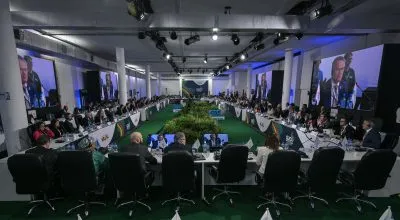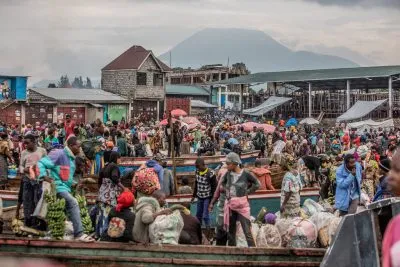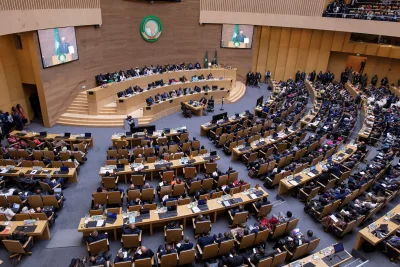Associate editor Neil Ford has spent a few weeks in South Africa every year for the past 15 years. In this essay, he says the ghosts of the Apartheid regime continue to live on and that whites, in particular, seem to have made no effort to change their old attitudes.
There is no doubt that South Africa faces myriad problems. Frighteningly high crime rates and a massive gap between rich and poor can be added to a list that also includes endemic unemployment, weak economic growth and corruption.
Yet it is all too easy to forget just how far the country has come over the past 20 years and just how close the country came to disaster.
I never visited Apartheid-era South Africa but have spent three or four weeks in the country most years over the past 15 years. Each visit provided a snapshot of a troubled country that is trying to find its way in a rapidly evolving world and an even faster changing continent.
As a typical Western journalist with liberal, progressive views, I continue to be shocked by the level of racism still apparent in the country, although it is thankfully not as blatant as it used to be.
In March I spoke to the director of a large company with operations in both Gauteng and Mpumalanga. A white man who spends a great deal of time in the UK and the US, he told me of the problems that he had with some of his less-enlightened white employees.
One of them, he said sadly, had been repeatedly upbraided for directing black visitors towards the rough, factory-floor toilet rather than the more luxurious white-collar facility at a Mpumalanga plant, whether they were sweating casual labourers or the managing director of an international corporation who had flown in for the day.
The same director also said that the company had organised a family picnic for all of its staff at the same factory every year since 1994, but added that very few of his white employees had ever turned up, giving a variety of excuses year after year.
It would be racist indeed to condemn all white South Africans as white supremacists and many of them are hungry for change. But far too many speak of ‘the good old days’ and too few seek to challenge such views when they are expressed.
I attended the wedding of a white couple outside Johannesburg a few years ago and, yes, there were perhaps 10 black guests among the 100 people invited. Yet all were the domestic servants of family members and they were seated together on their own table away from the other guests.
It looked like a scene from the American South in the 19th century. Such sights will hopefully become less common as the older generation dies off and is replaced by younger, better-educated and less-bigoted people.
There are, however, plenty of signs of hope, particularly among the young. The playgrounds of most schools are filled with children from a wide range of ethnic groups, who take playing together for granted and view Apartheid as part of the history curriculum rather than an intrinsic part of their day-to-day lives.
Visit one of the country’s ubiquitous shopping malls in the evening and you will probably see mixed groups of high school or university students queuing at the cinema. Yet overall there are still far too few mixed groups of people to be seen socialising on the country’s streets and beaches.
All this makes it difficult to overcome the legacy of the past and bring the years before 1994 into the present. I get the impression that far too many people fail to realise how close South Africa came to civil war in the late 1980s and early 1990s.
I have written before that the white population of South Africa should feel themselves very lucky indeed to have woken up in 1994 with their heads still attached to their bodies. It could all have been so much worse if it had not been for the right man, Nelson Mandela, in the right place at the right time.
Want to continue reading? Subscribe today.
You've read all your free articles for this month! Subscribe now to enjoy full access to our content.
Digital Monthly
£8.00 / month
Receive full unlimited access to our articles, opinions, podcasts and more.
Digital Yearly
£70.00 / year
Our best value offer - save £26 and gain access to all of our digital content for an entire year!
 Sign in with Google
Sign in with Google 



